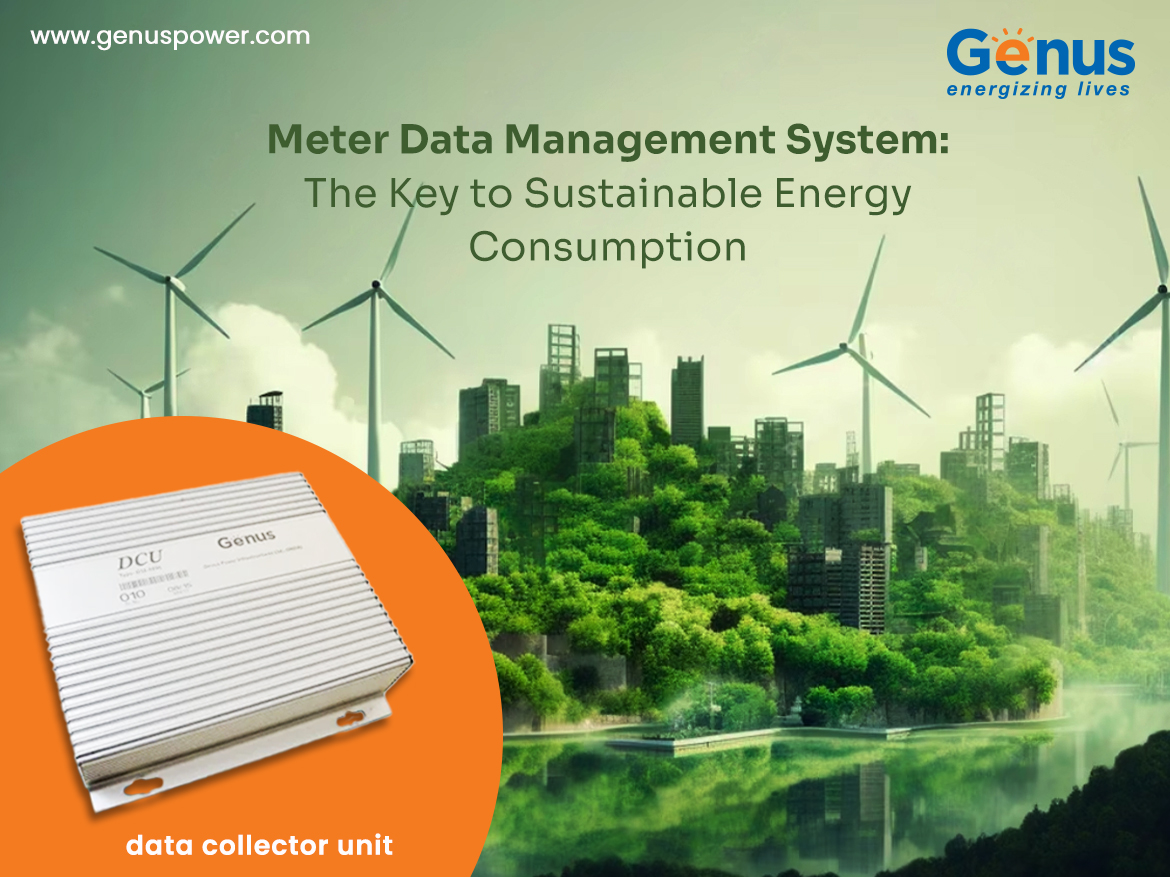
With smart grids, power quality can be optimized for a variety of use cases in a digital economy, thanks to smart frameworks like a meter data management system, smart metering devices, self-healing technologies, and more.
Advanced metering solutions, communication networks, and data management are critical for the functioning of smart grids. Advanced metering infrastructure directly involves end customers in the smart grid framework, in turn increasing the added value to the services rendered.
Advanced metering infrastructure is one critical component that allows smart grid technology to work seamlessly. AMI is an integrated system of smart meters, communication networks, and data management systems that enable two-way communication between utility providers and customers. It serves as an irreplaceable pillar in the modernization of grid technologies.
AMI includes components such as Smart Meters and Data Concentrators, a Meter Data Management System (MDMS), a Wide Area Communication Network (WAN), a Meter Data Central (MDC) System, and a Home Area Network (HAN).
A meter data management system is part of an advanced meeting infrastructure that collects, stores, analyzes, and retrieves metering data from all meters, DTRs, feeders, and consumers. MDMs consist of a set of software tools and datasets created on an MD system, that serves the VEE function – Validation, Estimation, and Editing of metering data, which is later passed onto other utility systems.
MDMs receive data from a head-end system and process it into information that can be utilized by other utility applications, including billing, customer information systems, and outage management systems.
MDMS is essential for handling large amounts of data generated through automated metering or the advanced metering infrastructure utilizing smart metering solutions. Automated meter reading systems (AMR) transmit their data through their respective head-end servers. Other utility services like a data warehouse, outage monitoring, or billing also receive data for specific goals from MDMS. AMR/AMI systems provide meter data to MDMS, such as gas meters, water meters, and electric meters.
Unlike traditional grid systems, MDMS allows customers to view all of their consumption data under one framework, thus enabling them to optimize usage and costs.
In addition to serving as a critical data source, the meter data management system also plays some other functional roles, including a data repository, an infrastructure map, a traffic director, a data framing engine, and an asset management system.
1.Traffic Director – MDMs can dynamically connect back-end applications to specific AMI/AMR systems. This enables users to access data easily and transparently.
2.Data Framing Engine – MDMs can allocate interval usage data into specific billing determinants, allowing complex rates to be billed. This advantage comes in handy in situations where pricing varies, such as when pricing rates are time-of-day or peak-day.
3.Data Repository – MDMs serve as an intermediary between back-end applications and specific AMR/AMI systems for collecting meter information from a genus meter or other meters. While they are primarily an outline transaction processing system, they can also act as an interim data repository.
4.Infrastructure Map – MDMs offer a very detailed virtual map of the electric infrastructure components and their interconnections. This map is used as a connectivity module to pass on important outage information to outage management systems and other notifications to their respective systems.
5.Asset Management System – The infrastructure map that MDM already has can be augmented with asset data to be used as an asset management system. This system comes in handy for small-scale utility companies unable to afford a stand-alone asset management system.
Along with numerous advantages, Meter Data Management System (MDMS), however, comes with a few challenges when it comes to their deployment. These challenges include system integration, data synchronization, scalability, system configuration, and time synchronization. These have to deal with a massive amount of data that runs through the MDM system. These challenges can be solved when the amount of data finds a perfect working synergy within the MDMs.
Read More – Energy Management & Its Importance – Everything You Need to Know
The meter data management system helps utilities become more efficient and saves consumers money by reducing energy usage at peak times. Some benefits of MDMs include accommodating all storage and power generation needs, enabling active participation of consumers, new products and services, providing reliable power supply for a digital economy’s wide variety of needs, enhancing and optimizing asset usage and operational efficiency, and enabling operational resilience against mishaps, attacks, and disasters.
The MDMs provide seamless integration with lower infrastructure challenges that can easily accommodate any change to multiple parts without affecting the whole system.
There is growing consumer demand and the rise of prosumers, driving an increase in the deployment of smart grids. This requires working and sustainable components to meet these growing demands. We at Genus are proud to be a part of this transition, which will lead to a sustainable future for the nation. If you are a business or government agency looking for smart metering solutions for your projects, contact our expertsto discuss how our expertise and advanced solutions can make a difference.